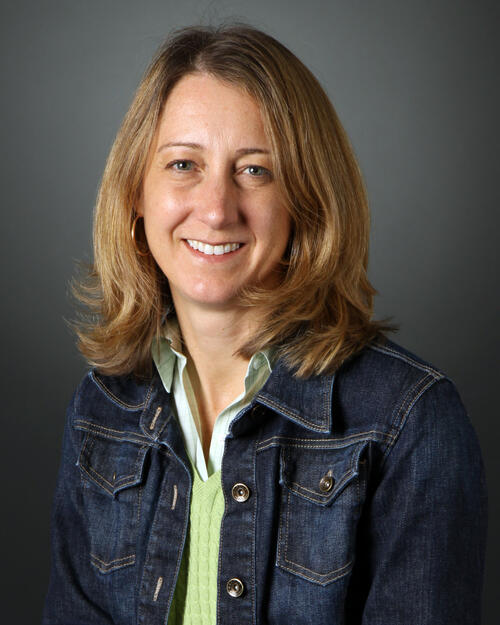Fighting for children’s health care: A pediatrician’s perspective
Fighting for children’s health care: A pediatrician’s perspective

I remember two things about my patient, Maria, a tiny baby who was born a little early. One was her large, beautiful eyes. The other was that when I put my stethoscope on her chest, I heard an enormous heart murmur. Maria had been born with a serious heart condition that would change her life and the life of her mom.
Good patient care at a time like this involves much more than treating a child’s heart. At that first appointment, Maria (not her real name), her mother and I began a long journey punctuated by multiple hospitalizations, surgeries and procedures.
Maria was born at Lucile Packard Children’s Hospital Stanford and lived with her mom in East Palo Alto. As her general pediatrician at Ravenswood Family Health Center, I came to know them both well. I focused on helping the tiny infant gain weight, so that she would be strong enough to undergo her heart surgeries. We brought in the Women, Infants and Children program to support her nutrition. I explained to her mom what the surgeries would do. I reviewed what Maria’s medicines were for, and when her mother couldn’t pay for them I helped gain authorization from county staff, who were able to get them dispensed at the pharmacy. When I realized Maria’s mom didn’t have enough money for food (due to many absences at work), I made sure she applied for food stamps.

My experience with Maria coincided with my research at Stanford involving access to care for kids in California. As a result of the research, I spent part of my time in Sacramento, working with legislators on changes to the California Children’s Services program. This program is critical to the care of low-income children with serious medical conditions. My research, which involved analyzing data on publicly insured pediatric care like Maria’s, showed that access to high-quality care for low-income kids was pretty good in California compared with other states, but that there was variation among its 58 counties.
While working on the program’s reform in Sacramento, I spent time in countless staff meetings, public hearings and hallway discussions. I often thought about Maria, whose life depended on CCS. The research data I brought to these negotiations were as important as sharing Maria’s story — how her mother lost her job because of time spent caring for her fragile daughter, how the family sank more deeply into poverty and how services needed to be more focused on families. As changes to the CCS system were being discussed, I imagined how they would benefit or hinder Maria’s care and her future.
Read More
